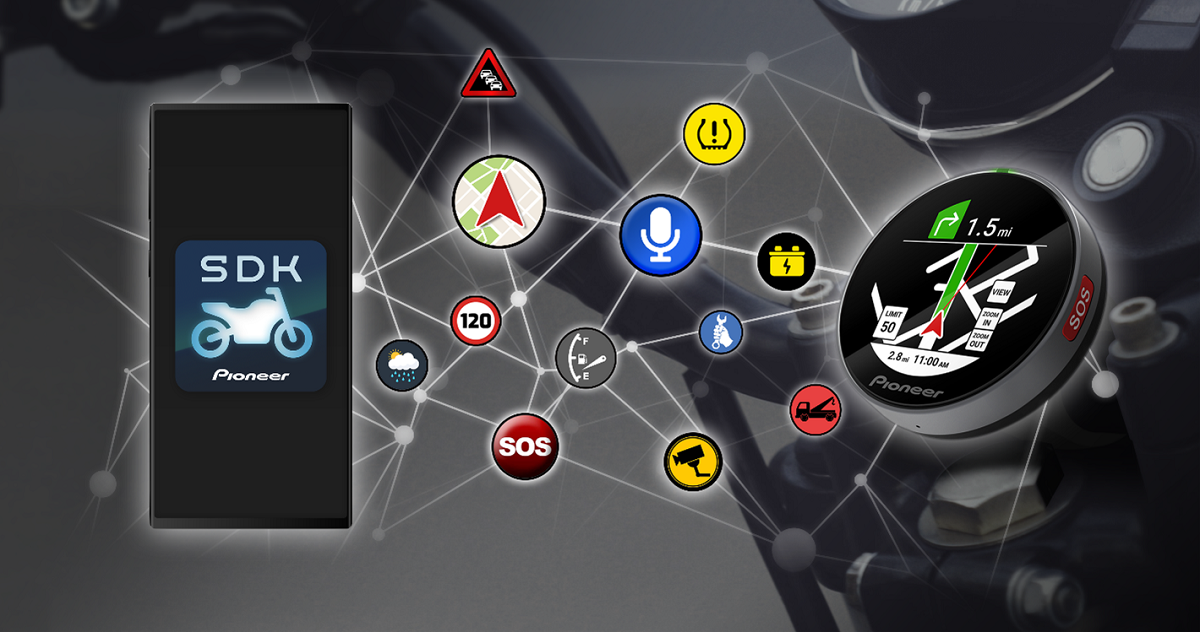News Release’╝ÜPioneer Symphony Orchestra Performs at "Bruges 2002"
Information contained in the news release is current as of the date of announcement.
It is subject to change without prior notice.
Pioneer Corporation
Pioneer Symphony Orchestra Performs at "Bruges 2002"
May 17th, 2002, Tokyo, Japan -The Pioneer Symphony Orchestra, comprising mainly Pioneer Corporation and its subsidiaries' employees and their families in Japan, will participate in the Spotlight on the Amateur Art events at Bruges 2002, the "European Capital of Culture" event*1 currently being held in Bruges, Belgium, and features a joint appearance with the Cantores, a highly-acclaimed amateur Belgian choir on Sunday, May 19.
The Pioneer Symphony Orchestra, an amateur orchestra founded in 1992, has held 10 periodic concerts thus far. In addition, it often performs jointly with the Pioneer Harmonischer Choir which also is made up of Pioneer employees and families.
This joint performance at Bruges 2002 is a result of Pioneer Group's ongoing involvement, for many years, in cultural exchanges between Belgium and Japan.
Outline of the Pioneer Symphony Orchestra program at "Bruges 2002"
Spotlight on Amateur Arts
Date: May 19, 2002
Venue: Concert Hall Bruges
Conductor: Chikara Iwamura
Soprano soloist: Ryoko Wakatsuki
Joint performers: Cantores (an amateur choir of Bruges with 60-year history and performances with a large number of well-known conductors)
Musical program featured: - Wagner: from Tannhauser
- Verdi: from Nabucco
- Peter Benoit: from "Rubens Cantata"
- Rentaro Taki: "Hana," etc.
*1) European Capitals of Culture and Bruges 2002
Bruges, along with Salamanca in Spain, was selected by the EU as a "European Capital of Culture" for the year 2002. From February 20th until November 17th, Bruges 2002 will propose more than 160 projects and events including music, exhibitions, art, city walks, theatre, cinema, social projects and entertainment. The "European Capital of Culture" program has been in existence since 1985. It was established out of a realization that cultural understanding and a mutual identity among the countries of Europe was necessary if true European unity was to be achieved. Each year, the Ministers of Culture from the member EU countries convene to select cities to be "Cultural Capitals" for a year. During that year, the cities hold a variety of events related to culture and the arts as a way to enhance mutual appreciation among EU members. With the unification of the European market in 1993, not only EU countries but other countries from around the world were encouraged to participate in the "European Capitals of Culture" program.
Search for Other resources
Search for Keyword
Search by date
-
December 22, 2025EventsPioneer to Unveil ŌĆ£Pioneer Ride ConnectŌĆØ UX Solution
for Two-Wheelers at CES 2026
Integration with HERE SDK designed for global market deployment
-
November 27, 2025EventsPioneer to Showcase Industry-leading Solutions for SDVs and Two-Wheelers at CES 2026 in Las Vegas

-
January 6, 2025EventsPIONEER SHOWCASES INNOVATIVE 4-CHANNEL IN-VEHICLE SPATIAL AUDIO
Pioneer Demonstrates Unique 4-channel immersive audio Integration for Apple CarPlay powered by Dolby Atmos
-
December 20, 2024EventsPioneer to Showcase Connected Solutions for Two-Wheelers at CES 2025 in Las Vegas
Joining forces with other leading tech companies in open innovation efforts to develop Smart & Safety Ride solutions
-
December 16, 2024EventsPioneer to Unveil Integrated Sound Platform for SDVs and Connected Solutions for Two-Wheelers at CES 2025 in Las Vegas

-
January 6, 2021EventsPioneer to Exhibit at CES 2021

-
January 8, 2020EventsPioneer to Exhibit at CES 2020 (PDF 330 KB)

-
January 9, 2019EventsPioneer to Exhibit at CES 2019 (PDF 247 KB)

-
September 10, 2018EventsPioneer to Exhibit at GTC Japan Organized by NVIDIA
Pioneer Will Introduce Its 3D-LiDAR Sensors
-
January 9, 2018EventsPioneer to Exhibit at CES 2018

